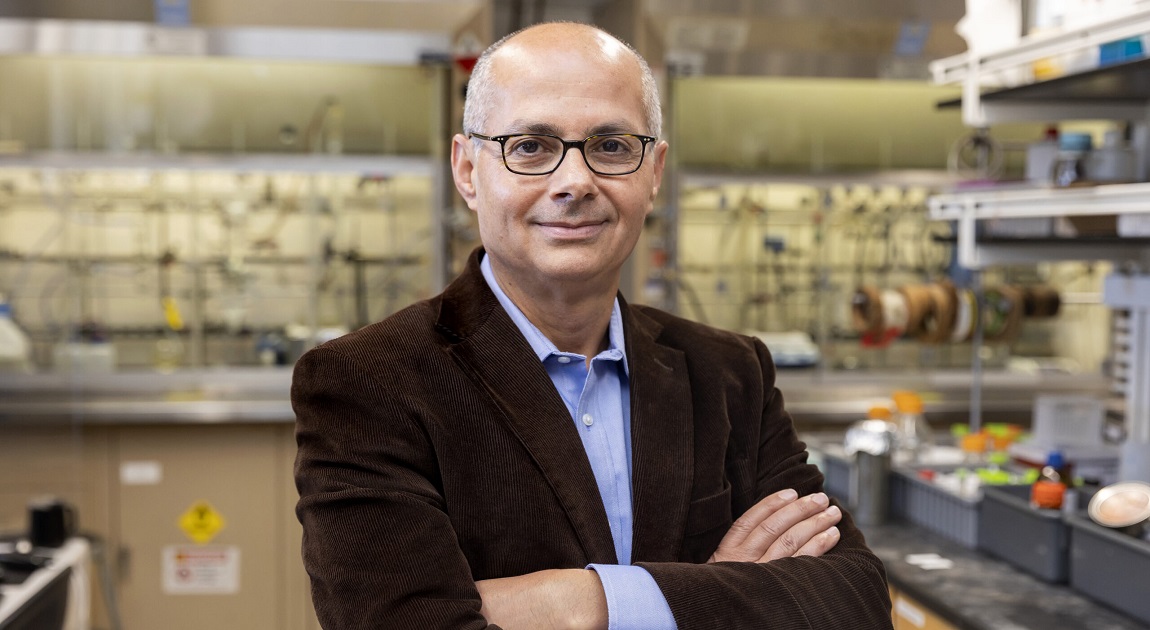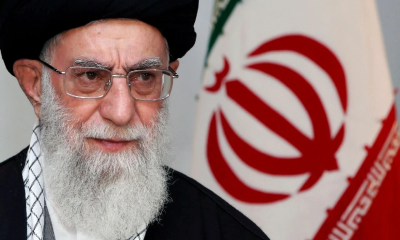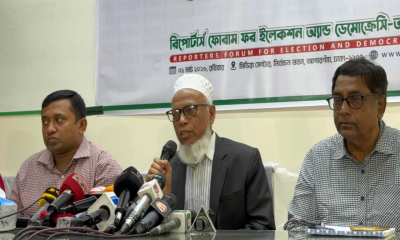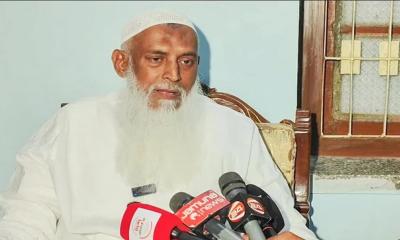Renowned chemist Dr. Omar M. Yaghi has been awarded the 2024 Nobel Prize in Chemistry, becoming the second Muslim scientist ever to win in this category. He earned global recognition for his groundbreaking research on technologies that combat climate change and harvest drinking water from arid environments.
The first Muslim Nobel laureate in chemistry was Dr. Ahmed Zewail, an Egyptian-American scientist, who received the prize in 1999.
Hungarian author Laszlo Krasznahorkai wins 2025 Nobel Prize in literature (https://thereport.live/arts/hungarian-author-laszlo-krasznahorkai-wins-2025-nobel-prize-in-literature/37966)
Dr. Yaghi is currently a Professor of Chemistry at the University of California, Berkeley, and is regarded as the pioneer of “Reticular Chemistry,” a new branch of chemistry that links molecular building blocks into extended structures through strong bonds.
He is best known for designing and discovering three revolutionary classes of materials — Metal–Organic Frameworks (MOFs), Covalent Organic Frameworks (COFs), and Zeolitic Imidazolate Frameworks (ZIFs). His Nobel Prize was awarded for his work on MOFs, alongside two other scientists.
These materials possess the highest known surface area of any substances on Earth, enabling a wide range of vital applications, including extracting potable water from desert air, capturing and converting carbon dioxide, storing hydrogen and methane, and acting as catalysts in chemical reactions.
3 win Nobel Prize in Physiology for research on peripheral immune tolerance (https://thereport.live/health/3-win-nobel-prize-in-physiology-for-research-on-peripheral-immune-tolerance/37909)
Dr. Yaghi’s research has had an immense global impact, with over 300 scientific papers published, cited more than 250,000 times, and an H-index of 190 — a reflection of his extraordinary influence in modern chemistry.
From Refugee Roots to Global Recognition
Born in Amman, Jordan, in 1965 to a Palestinian refugee family, Dr. Yaghi grew up with limited access to electricity and clean water, living in a single-room household. Inspired by his father, he moved to the United States at age 15, despite limited English proficiency.
He began his studies at Hudson Valley Community College, later earning his bachelor’s degree from the University at Albany, and his Ph.D. in Chemistry (1990) from the University of Illinois at Urbana–Champaign under the supervision of Dr. Walter G. Klemperer. He then pursued postdoctoral research at Harvard University under Dr. Richard H. Holm.
Saudi Citizenship and Global Research Leadership
In 2021, Dr. Yaghi was granted Saudi Arabian citizenship in recognition of his scientific achievements, as part of Saudi Arabia’s Vision 2030 initiative to attract global talent.
3 scientists from Japan, Australia, and US win Nobel Prize in chemistry (https://thereport.live/international/3-scientists-from-japan-australia-and-us-win-nobel-prize-in-chemistry/37942)
He now leads several prestigious scientific institutions, including Berkeley Global Science Institute, which aims to build research centers in developing countries and empower young scientists; Kavli Energy NanoSciences Institute, focused on the fundamental science of energy conversion at the molecular level; and Bakar Institute of Digital Materials for the Planet, dedicated to creating affordable, deployable porous materials like MOFs and COFs to mitigate climate change.
Beyond the Nobel Prize, Dr. Yaghi has earned numerous international honors, including the Wolf Prize in Chemistry (2018), King Faisal International Prize in Science (2015), Solvay Prize (2024), Tang Prize (2024), and Balzan Prize (2024).









-20260301064029.webp)








-20260228080513.webp)





-20260224075258.webp)






-20260225072312.webp)
